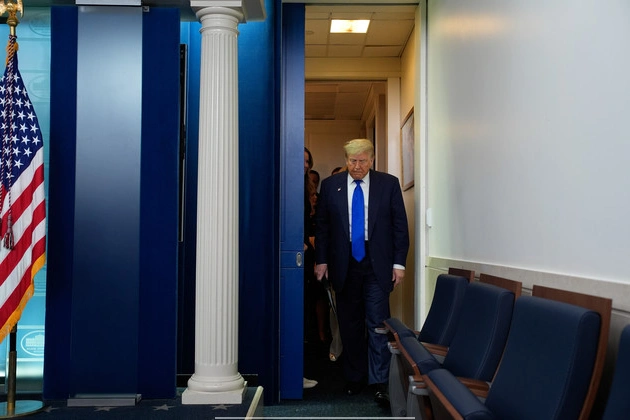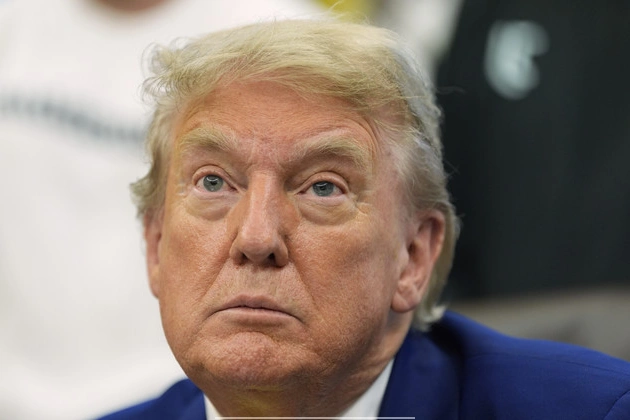
State Department officials have proposed a comprehensive overhaul of U.S. international aid and development programs to create a more streamlined, targeted approach better equipped to compete with China’s growing influence.
The Restructuring Plan
The plan, outlined in a document obtained by POLITICO, includes several key changes:
- Renaming the U.S. Agency for International Development to the U.S. Agency for International Humanitarian Assistance
- Restructuring focus areas to prioritize global health, food security, and disaster response
- Integrating USAID within the State Department
Moreover, the proposal suggests transferring the Millennium Challenge Corporation and the U.S. Trade and Development Agency to the U.S. International Development Finance Corporation. This consolidated entity would concentrate on stimulating private sector investments in critical sectors like infrastructure, energy, and technology. The strategy aims to counter China’s Belt and Road Initiative, which has enabled China to expand its economic and diplomatic influence globally.
Another significant aspect of the plan involves relocating politically focused initiatives under the State Department’s purview. These initiatives include democracy promotion, religious freedom advocacy, women’s empowerment, and anti-human trafficking efforts. While some of these programs already operate under the State Department, the proposal suggests transferring similar initiatives from other agencies like USAID to enhance coordination.
Although the proposal’s endorsement by Secretary of State Marco Rubio or other top officials remains uncertain, certain changes, such as agency realignments, may necessitate congressional approval. Nevertheless, the plan aligns closely with President Donald Trump’s policy objectives, particularly in enhancing U.S. energy security.
Notably, the proposed changes aim to enhance the efficiency and impact of U.S. foreign aid efforts, ensuring they remain strategically aligned with national interests and competitive in the global arena.
Implications and Next Steps
While the formal approval and implementation timeline of the restructuring plan remain pending, the proposed adjustments signify a significant shift in U.S. foreign aid strategy. The emphasis on targeted assistance, strategic realignments, and countering rival influences presents a new direction for American international development efforts.
Stay tuned for updates on how these proposed changes may shape the future of U.S. foreign aid and development programs, influencing America’s role in global affairs.















